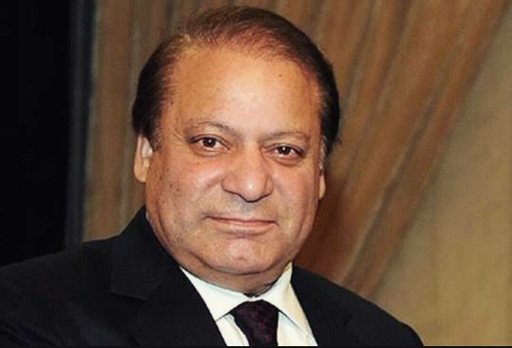Opposition parties requested an investigation into Sharif’s wealth after last year’s Panama Papers linked his children to offshore companies and luxury apartments in London.
The Supreme Court ruled in April that there was insufficient evidence to remove Sharif from his post but ordered a special six-member panel – the Joint Investigation Team - to be formed to probe the allegations in more detail.
The panel submitted a 254-page report after questioning several members of his family. It concluded that Sharif’s family has failed to explain how they obtained their wealth and that there was "significant disparity" between their income and the properties they own.
Documents submitted in defense of the Sharif family appeared to show that his daughter Maryam Nawaz, 43, was only a trustee of the company that bought the London flats.
However, the document raises eyebrows because it is dated February 2006 and typed in Calibri – a font that was not introduced until 2007.
Now the court must decide whether to dismiss the allegations against Sharif, remove him from his post for being dishonest or put him on trial for corruption.
Sharif, 67, has dismissed calls from the opposition to resign and has accused his political opponents of fabricating the scandal in order to remove him.
The Joint Investigation Team found that he was receiving a salary of AED 10,000 (US$ 2,723) from 2006 to 2014 as the head of a Dubai-based company while he served as prime minister in Pakistan. He called the report of the panel "trash."
But legal experts are pessimistic about Sharif’s chances to get out of this scandal unharmed.
"It would be better for him to resign as there is concrete evidence against him," said prominent constitutional lawyer, Barrister Farogh Naseem.
The case has divided the nation, and hundreds of security personnel were deployed to guard the Supreme Court building, which was partly fenced with barbed wire.
The Sharif family's lawyers and Pakistan’s Finance Minister Ishaq Dar submitted separate objections to the damaging report, claiming the Joint Investigation Team had exceeded its mandate.

